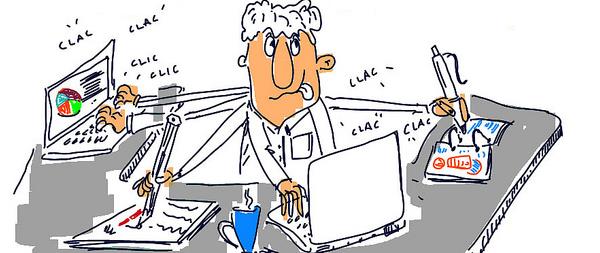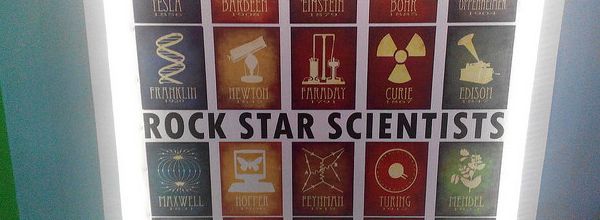Having just finished graduate school, I have been given the privilege of nearly unlimited time to reflect (Yay! Unpaid, Boo!). Graduate school was, for me, a juxtaposition of intellectual growth, real-world learning and great fun. An introduction to adulthood with training wheels—while simultaneously being a blur of anxiety, work, sleepless nights and existential crises. I have realized that these feelings are relatively normal in graduate school.
Having recently advised several incoming students on what to expect from graduate school I’ve realized that there are 5 fundamental pieces of advise I repeat ad nauseam that may be helpful to a wider audience.
1. Be prepared to work hard, but aim to work smart
If you haven’t previously had experience with the specific techniques that you will be performing during your graduate studies, be prepared for a learning curve. This is part of the fun of graduate school: acquiring new skills and mastering them. However, we are all here with a goal.
To ensure you finish your studies in a timely manner, you must approach your program with the understanding that you will not only be expected to work hard (holidays in the lab, anyone?), but you must also work smart to avoid spinning your wheels. Briefly, you have to accept and rise to the challenge of your workload but seek to work efficiently (diligent documentation, careful pipetting, etc.) and to re-evaluate and periodically eliminate unnecessary work.
2. Stay organized
This will pay dividends as you prepare to graduate, doing away with the nuisance of extensively searching all of your files and raw data in the final days of your degree. Understandably, this is the last thing anyone would want to be doing both prior to, and after, a thesis defense. Please use this as a reminder to remain organized and to keep your data documented according to a classification and labeling system that works for you.
3. Seize opportunities for personal development
Explore opportunities such as presenting at conferences, joining clubs and student councils, and attending networking events. These will expose you to different people, build networks and keep you social while also giving you new skills, bringing me to my next point.
4. Socialize
It is too often the case that graduate students get into the “headphones in, head down” routine at the lab bench. This can translate away from the bench as well. Of course, there will be days when this is necessary. However, the danger lies in making this a habit. Your time in graduate school is enriched by shared experiences and laughs with the friends you will make throughout this period; isolation may make it appear lonelier than it has to be.
5. Have fun
At the risk of sounding too sentimental, the most overlooked part of the whole graduate experience is remembering to have fun. Recognize that your acceptance into graduate school is a privilege. Realize that we are in a period of immense progress and that the techniques you will be using almost daily were inconceivable less than 50 years ago.
You are about to embark on a research project that has the potential to translate into bettering human life, enjoy it.






